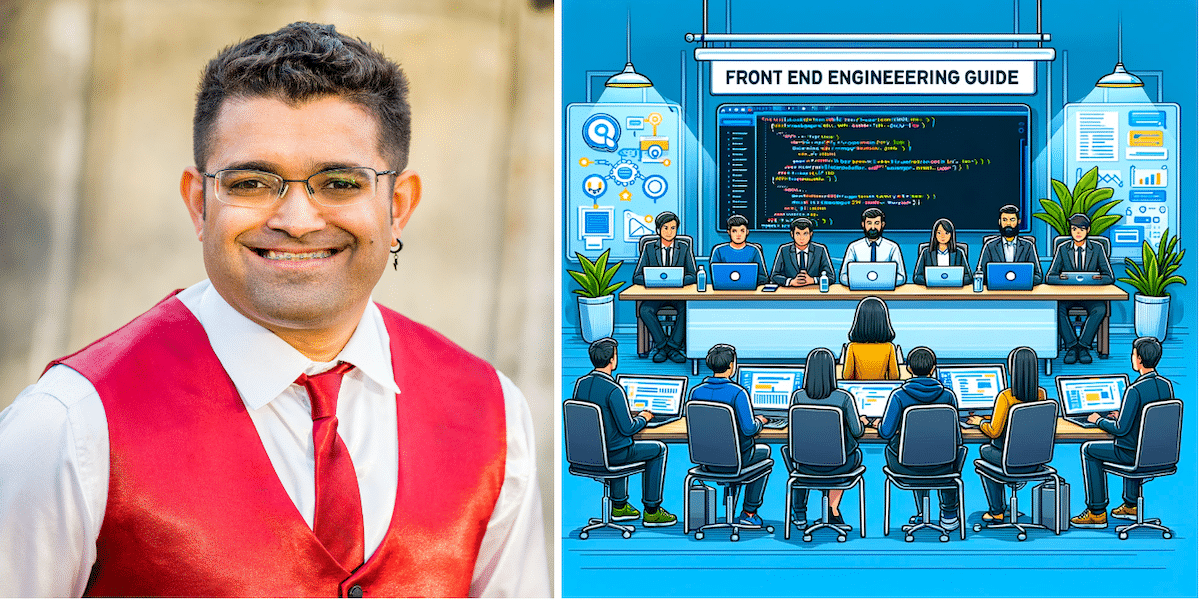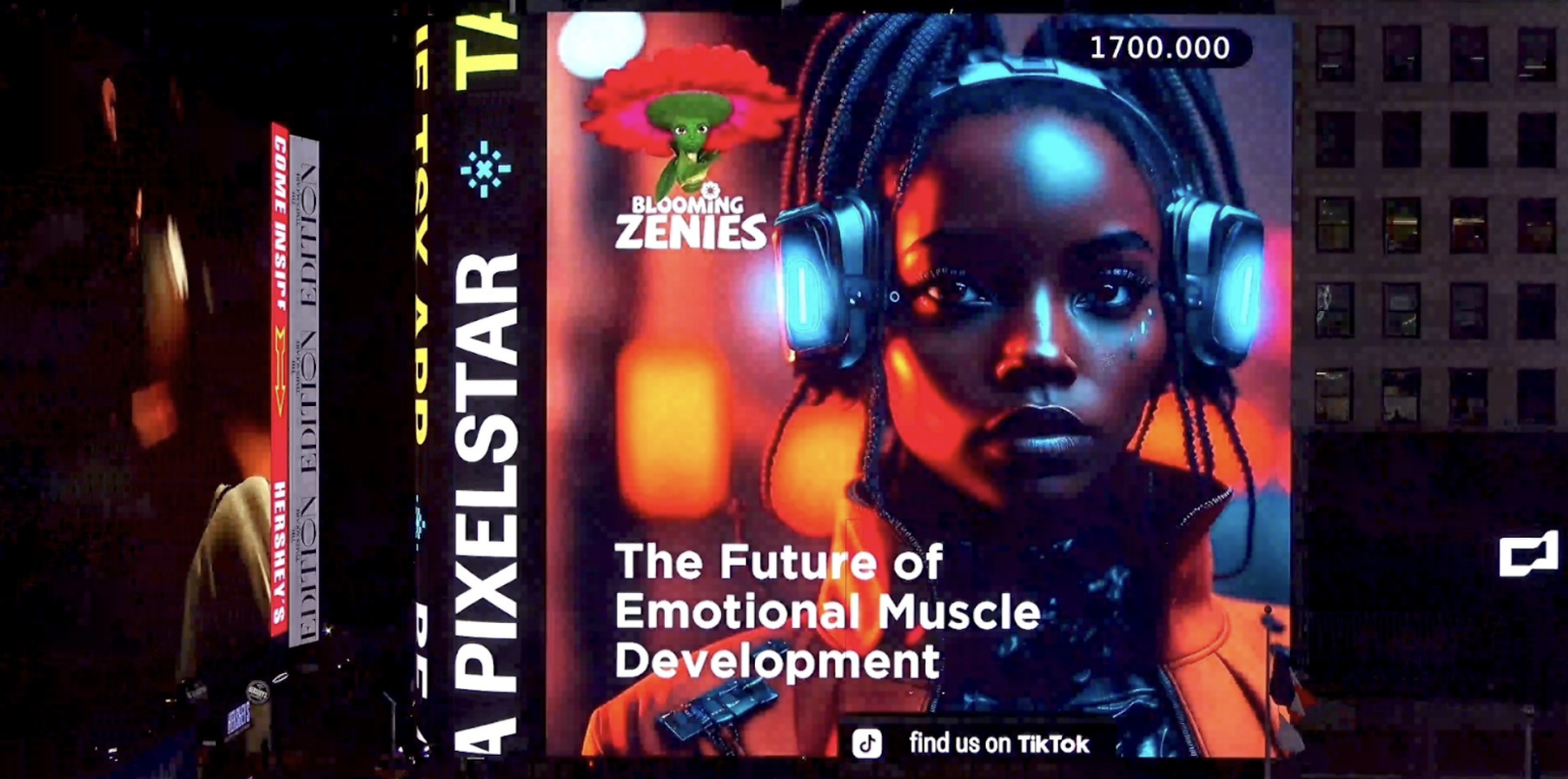By: Emmanuel Jackson
In the fast-paced world of web development, mastering front-end engineering interviews is a formidable challenge. Hardik Shah, a Senior User Interface Engineering Lead, independent researcher and mentor has addressed this challenge head-on, presenting a comprehensive guide to navigating these intricate interviews in 2024. His work on a book chapter is not just an academic discourse but a practical blueprint for success in this dynamic field. The guide delves deep into the multifaceted approach needed for excelling in front-end engineering interviews, emphasizing a blend of technical mastery, problem-solving skills, and an intimate understanding of both current and emerging web technologies.
Front-end engineering, focusing on the client-side of web development, requires proficiency in HTML, CSS, and JavaScript. Shah points out that modern interviews for these roles have evolved to be multi-dimensional, including coding challenges, system design, quizzes, and behavioral assessments. Moreover, the introduction of new trends like serverless architecture, headless CMS, and the Jamstack framework is reshaping the approach to building modern web applications.
The Changing Face of Front-End Engineering
In 2024, the landscape of front-end engineering interviews is more complex and demanding than ever before. Hardik Shah, through his insightful research, illuminates this evolution. Front-end engineering, a critical subset of web development, primarily deals with the development of the user interface and experience using technologies like HTML, CSS, and JavaScript. Unlike back-end development, which focuses on server-side logic and data management, front-end development directly affects user interaction and engagement with web applications.
As Shah’s guide elaborates, interviews for front-end engineering roles now encompass a diverse range of question formats. Candidates face not only traditional coding challenges but also system design problems, quizzes, and comprehensive behavioral assessments. These questions aim to gauge a candidate’s ability to solve complex algorithmic problems, build interactive user interfaces, and effectively collaborate within a team.
The year 2024 marks a significant shift in front-end development trends. Technologies such as serverless architecture and headless CMS have become more prominent, offering a more efficient approach to web application development. Furthermore, the rise of low-code development platforms and the integration of Jamstack in project workflows are redefining the efficiency and methodology of web development. The advent of WebAssembly is another game changer, opening doors to the use of various programming languages in web development.
The Crucial Role of JavaScript
JavaScript remains the cornerstone of front-end engineering in 2024, and Shah’s guide stresses its paramount importance. Proficiency in JavaScript is now an essential criterion for any aspiring front-end engineer. Interviewers delve deep into various aspects of JavaScript to evaluate a candidate’s understanding and practical application skills.
Shah’s research highlights the significance of mastering error handling in JavaScript. Understanding ‘try-catch’ blocks and the ability to create custom errors using the ‘throw’ statement are essential skills, ensuring that applications remain robust and user-friendly. Another vital area is event delegation, an efficient approach to event handling that improves performance by setting an event listener on a parent element rather than on multiple child elements.
A comprehensive understanding of JavaScript also extends to module patterns, particularly ES6 ‘import’ and ‘export’ statements. These features facilitate better code organization and modularization, crucial for maintaining large-scale applications. Additionally, candidates must be adept at performance optimization techniques, including throttling and debouncing, to ensure efficient resource utilization and a smooth user experience.
Web storage options like ‘localStorage’ and ‘sessionStorage’ are also under scrutiny. Candidates need to understand the nuances of these storage types to make informed decisions about data storage and management in web applications. Furthermore, an understanding of JavaScript engines like V8 (Chrome) and SpiderMonkey (Firefox) is beneficial, as these engines are critical in translating JavaScript code into a format that machines can execute.
Emerging Web Development Technologies
In 2024, front-end web development is undergoing a significant transformation, as detailed in Shah’s guide. This shift impacts the ways in which web applications are developed and managed. Key technologies driving this change include JavaScript frameworks like ReactJS, known for its Virtual DOM, Angular with its comprehensive features for single-page applications, Vue.js noted for its simplicity, and Svelte, which enhances performance by avoiding the virtual DOM. Emerging trends like micro frontends and serverless architecture are revolutionizing scalability and efficiency. The adoption of headless CMS and low-code platforms is simplifying content management and expediting development. Jamstack and WebAssembly are making strides in performance and versatility, enabling the use of multiple programming languages in browser-based applications. Furthermore, the integration of AI in front-end development is streamlining tasks such as code generation and error detection, thereby personalizing user experiences on digital platforms.
Cultural Fit and Interview Formats
In his 2024 guide, Hardik Shah emphasizes the critical role of cultural fit in front-end engineering interviews. Cultural fit involves aligning a candidate’s values and behaviors with a company’s culture, essential for seamless integration and collaboration within the organization. This alignment influences job satisfaction and productivity. Interview questions often explore work preferences, team dynamics, and stress management to assess a candidate’s compatibility with the team. Panel interviews, offering diverse perspectives, are increasingly popular for evaluating cultural fit despite their complexities. Competency-based interviews also play a key role, linking a candidate’s skills and behaviors to the company’s culture. These interviews often probe into teamwork abilities, adaptability, and conflict management skills, revealing a candidate’s potential for handling change and contributing positively in team environments.
Diverse Interview Questions
In 2024, front-end engineering interviews feature a wide and sophisticated range of questions, as outlined in Shah’s guide. These encompass not only technical and coding skills but also extend to project management and teamwork. Candidates are likely to encounter questions regarding their proficiency with essential modern web development tools like Slack, Microsoft Teams, Jira, and Trello. Additionally, their knowledge of build tools such as Webpack or Gulp, crucial for code optimization and streamlined development, is often examined. Familiarity with CSS preprocessors like Sass or Less is also tested for their role in CSS code scalability and maintainability. A thorough understanding of the Document Object Model (DOM) is vital, reflecting the candidate’s grasp of web page structure. Questions may also probe a candidate’s experience with JavaScript testing frameworks and their fundamental understanding of JavaScript, including differentiating between “undefined” and “null.” Additionally, candidates might need to articulate the distinctions between front-end and back-end development and demonstrate knowledge of web application performance optimization and cross-browser compatibility strategies.
Company-Specific Interview Strategies
Hardik Shah’s guide underscores the importance of customized preparation for company-specific interviews, like those at Uber. It’s crucial to grasp the company’s technical landscape, unique challenges, and role-specific demands. Interview topics often include advanced JavaScript concepts, performance optimization, and cross-browser compatibility, which gauge a candidate’s ability to craft efficient, user-friendly applications. Questions may also explore front-end architecture, debugging techniques, and specific technologies such as React, probing into state management and testing. Candidates’ expertise, preferred tools, and adaptability to the company’s tech stack are assessed. Experienced candidates should highlight their career achievements and problem-solving skills, demonstrating their potential value to the company. Shah’s guide suggests that success in these interviews hinges on a blend of technical acumen and alignment with the company’s culture and needs.
Conclusion: A Balanced Approach to Success
In conclusion, Hardik Shah‘s work on the book chapter is a testament to the complexity and dynamic nature of front-end engineering interviews in 2024. His comprehensive approach, blending technical expertise with an understanding of cultural fit and adaptability to evolving technologies, offers candidates a blueprint for success in this competitive field. By focusing on these critical areas, candidates can navigate the intricacies of these interviews and emerge as strong contenders in the world of front-end development. Interested candidates can follow him on LinkedIn and can seek mentoring from him here.
Published by: Martin De Juan





